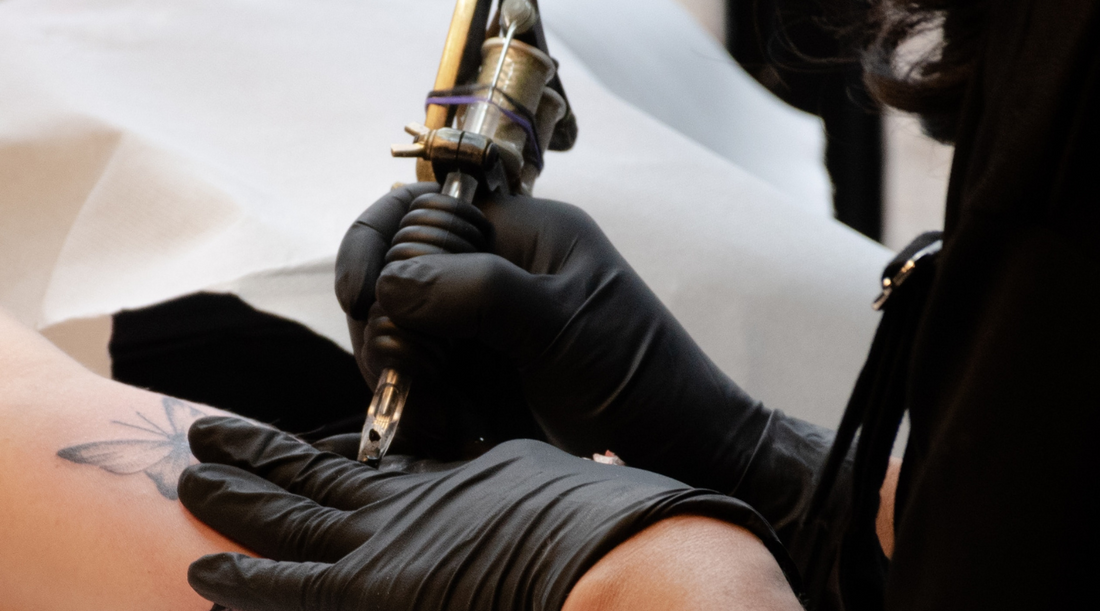
Beginner's Guide: Golden Rules and Deadly Mistakes When Choosing a Tattoo Machine
Starting your tattoo journey is exciting, but picking the right equipment can be daunting — especially for beginners. A wrong choice can not only slow down your progress but also lead to poor results, wasted money, or even injury. This guide dives deep into the golden rules for choosing tattoo machines and common pitfalls to avoid.
We will cover three key aspects:
- Rotary vs. Coil Machines — Which fits your style and needs?
- Needle Selection Logic — Why some needle types can trip up newbies.
- Power Supply Traps — How to match your power source to your machine for smooth operation.
1. Rotary vs. Coil Tattoo Machines: What Every Beginner Should Know
Tattoo machines generally fall into two categories: rotary machines and coil (electromagnetic) machines. Each type has unique features, strengths, and weaknesses.
Rotary Machines: Lightweight and Quiet Powerhouses
How They Work:
Rotary machines use a small motor that rotates a cam to move the needle up and down. This motor creates a smooth, continuous motion.
Advantages:
- Lightweight and compact: Easy to hold for long sessions, which reduces hand fatigue.
- Quiet operation: Produces minimal noise compared to coil machines.
- Smooth needle movement: Great for delicate shading and fine line work.
- Versatile: Can often switch between lining and shading with minimal adjustments.
Ideal Use Cases:
- Beginners who want an easy-to-use, low-maintenance machine.
- Artists focusing on detailed work, portraits, or soft shading.
- Environments where quiet is preferred (e.g., small studios or apprenticeships).
Coil Machines: The Classic Heavy Hitters
How They Work:
Coil machines use electromagnetic coils to rapidly pull and release an armature bar, driving the needle up and down. This creates a distinctive buzzing sound.
Advantages:
- Powerful and precise: Offers strong needle force, perfect for bold lines and packing color.
- Adjustable: Experienced artists can tweak springs and coils for customized performance.
- Tradition: The iconic machine trusted by many tattoo legends.
Drawbacks:
- Heavier: Can cause hand fatigue over long sessions.
- Louder: Buzzing noise can be distracting.
- Steeper learning curve: Requires more understanding of mechanics and tuning.
Ideal Use Cases:
- Artists who prioritize strong, bold lines.
- Professionals experienced with tuning machines.
- Situations demanding fast, punchy needle strikes.
Summary Comparison Table
| Feature | Rotary Machine | Coil Machine |
|---|---|---|
| Weight | Light | Heavy |
| Noise Level | Quiet | Loud |
| Needle Motion | Smooth, continuous | Forceful, striking |
| Maintenance | Low | High (requires tuning) |
| Best For | Beginners, shading, fine lines | Experienced artists, bold lines |
| Power | Moderate | Strong |
Beginner’s Golden Rule #1
Choose rotary machines if you're just starting out. Their lightweight feel, quiet operation, and ease of use make them perfect for learning without overwhelming you. Coil machines are powerful but best left for when you understand tuning and machine maintenance.
2. Needle Selection Logic: Why Single Needles Are Risky for Newbies
Understanding tattoo needles is critical. The wrong needle can ruin a tattoo or cause excessive skin trauma.
Common Needle Types
- Single Needles: One needle point, used for very fine line work.
- Round Liners (RL): Needles grouped in a tight circle for outlining. Examples: 1205, 1207 (numbers indicate needle count and grouping).
- Round Shaders (RS): Similar grouping but spaced out for shading.
- Magnums (M1, M2): Flat or stacked needles for shading large areas.
Why Single Needles Can Be a Newbie's Pitfall
Precision Required:
Single needles demand exceptional control and consistent depth. For beginners, this is challenging because inconsistent hand speed or pressure leads to uneven lines or excessive trauma.
Risk of "Blowouts":
Blowouts happen when ink spreads beneath the skin due to too deep or too fast needle movement. Single needles increase this risk if not handled correctly.
Slower Work:
Single needles take longer to complete even simple designs, testing your patience and increasing chances of mistakes.
Why 1205 and 1207 Round Liners Are Safer for Beginners
What Do 1205/1207 Mean?
- The first two digits "12" refer to the needle diameter (0.35mm usually).
- The last two digits "05" or "07" indicate the number of needles in the grouping.
Advantages:
- More forgiving: Multiple needles distribute pressure, reducing risk of blowouts.
- Clearer lines: Easier to maintain consistent depth.
- Faster coverage: Speeds up work while maintaining quality.
Beginner’s Golden Rule #2
Start with 1205 or 1207 round liners instead of single needles. These provide a safer margin for error, helping you build confidence and improve line work gradually.
3. Power Supply Pitfalls: DC vs. AC Power and What Works Best
A tattoo machine’s power source is crucial to performance and reliability. The two main options are Direct Current (DC) and Alternating Current (AC) power supplies.
DC Power Supplies: Stability and Consistency
What They Are:
Most modern tattoo setups use DC power, which provides a steady voltage and current. This means your machine’s needle speed stays consistent.
Advantages:
- Stable voltage: Ensures consistent needle depth and speed.
- Adjustable: Easily tweak voltage output to suit machine and needle type.
- Reliable: Less prone to fluctuations or surges.
Drawbacks:
- Requires a dedicated power supply unit.
- More initial investment.
AC Power Supplies: Old School and Sensitive
What They Are:
AC power cycles voltage up and down 50 or 60 times per second (depending on your region). Traditional coil machines were designed to run on AC.
Advantages:
- Simple and cheap (just plug in).
- Compatible with many older coil machines.
Drawbacks:
- Voltage fluctuates constantly, causing needle speed variations.
- Harder to control fine details due to inconsistent needle movement.
- Can lead to uneven ink deposit and skin trauma.
Which Power Source Should Beginners Choose?
Beginner’s Golden Rule #3
Opt for a good DC power supply with voltage control. The stable output improves machine performance and tattoo quality, making it easier to learn proper technique.
Bonus Tips: Avoid These Deadly Mistakes When Choosing Your First Tattoo Machine
Mistake #1: Buying Based on Price Alone
Cheap machines may seem tempting but often lack durability, smooth operation, and safety certifications. Investing in a quality rotary machine with a reliable power supply pays off in the long run.
Mistake #2: Ignoring Machine Weight and Ergonomics
A heavy machine causes hand fatigue and mistakes. Test machine weight and grip before buying.

Mistake #3: Skipping Needle Compatibility Checks
Not all needles fit every machine. Confirm compatibility to avoid wasting money or damaging equipment.
Mistake #4: Overlooking After-Sales Support
Beginners benefit from brands offering tutorials, customer support, and spare parts.
Conclusion: Set Yourself Up for Success
Choosing the right tattoo machine and accessories can be overwhelming, but sticking to these golden rules helps:
- Start with a rotary machine for its ease, lightness, and quiet operation.
- Use 1205 or 1207 round liner needles instead of singles for safer, cleaner lines.
- Invest in a stable DC power supply for consistent machine performance.
Avoid cheap, heavy coil machines, single needles, and unregulated power sources until you gain experience. Mastering your tools is the first step to becoming a confident tattoo artist.
If you want to browse high-quality tattoo machines, needles, and power supplies suitable for beginners, check out our curated collections. Start smart, tattoo safe!


